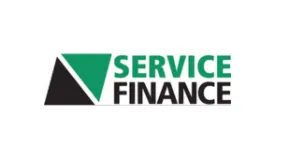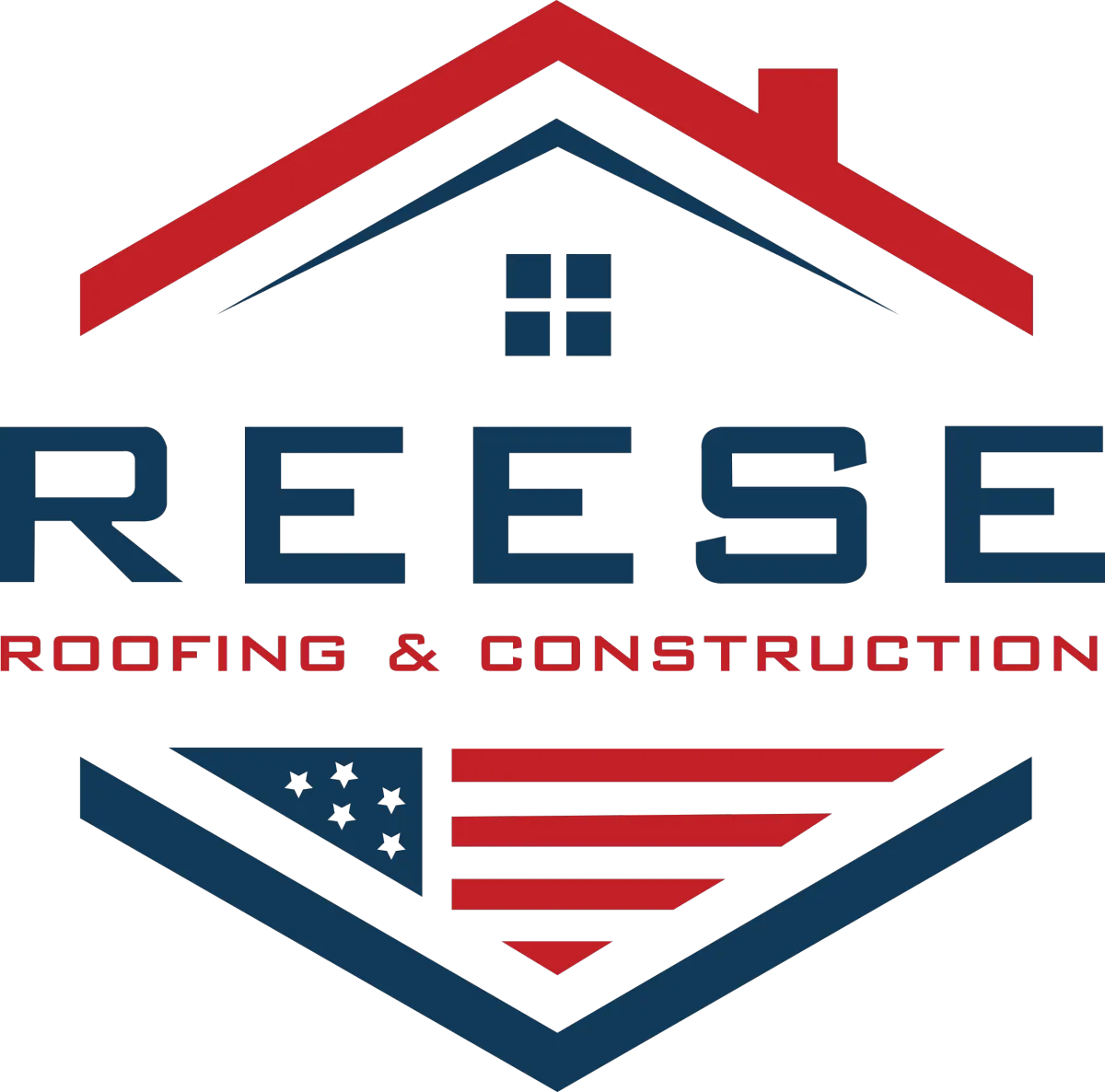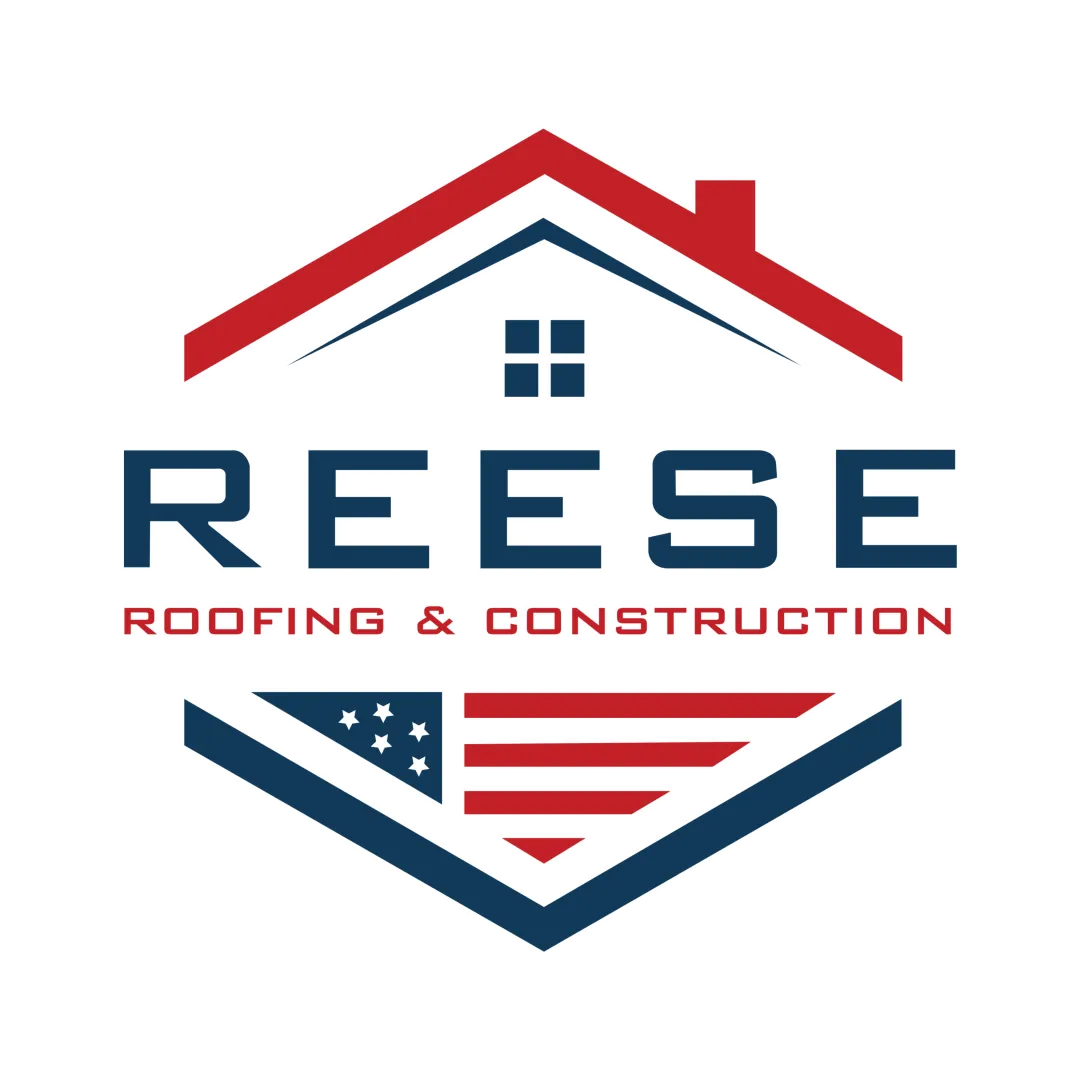(727) 677-3373 ⚲ Tampa • Brandon License #CCC1334825 License #EC13014080
CONTACT US
We Can Help!
Having roofing problems? Fill out the form below and let us know how we can help take care of it.
LOOKING FOR FINANCING?
Consider working with one of our partners!






